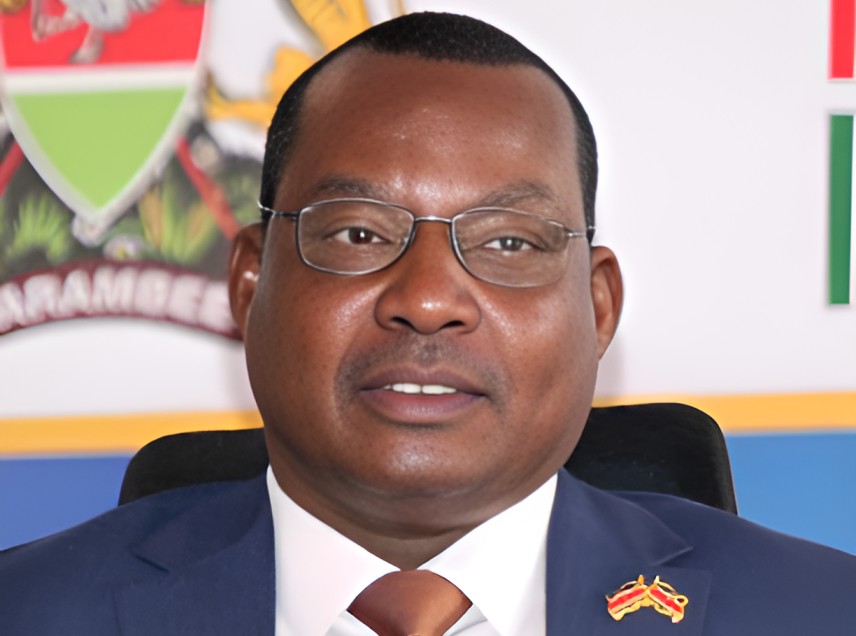IEBC interviewee reveals secrets about Moi University

Ikote distanced himself from the challenges faced by Moi University, clarifying that he held a junior role within the university’s secretariat at the time.
During his appearance before the IEBC Selection Panel, Solomon Ikote, who previously served as an Administrative Assistant at Moi University, disclosed how the university’s Senate gave in to political pressure, resulting in the unregulated expansion of its campuses.
Ikote recounted instances where politicians would flood the Vice Chancellor’s office, lobbying aggressively for the establishment of campuses in their respective regions.
According to him, this push for expansion occurred without adequate planning or assessment, a move that eventually brought the university to the brink of collapse.
"It was a Senate decision that politicians influenced. Moi University was the best institution at that time. Some of us who had been there long enough, when we see what is happening now, we feel like crying. That expansion was partly political," Ikote said.
During his interview, the candidate shared that his journey at the university began in 2001 when he was hired as an administrative assistant.
Over time, he advanced to a role handling student admissions within the office of the chief academic officer.
Eventually, he rose to the position of Principal Officer, overseeing postgraduate admissions and academic matters.
Ikote distanced himself from the challenges faced by Moi University, clarifying that he held a junior role within the university’s secretariat at the time.
"As a coordinator, your influence within the institution is minimal. Major decisions are made by the Senate, Deans’ Committees, and top management," he explained.
Drawing lessons from the decline of Moi University, Ikote—currently a council member at Tharaka University—told the panel that he had firmly opposed any proposals for the university to establish satellite campuses.
"We already possess titled land in Kitui, Machakos, and Meru. I advised the council to limit expansion to schools that serve a specific purpose, such as business studies, only when necessary. We should avoid setting up new campuses or constituent colleges due to the setbacks we experienced at Moi," he noted.
Ikote highlighted that many constituent colleges that later became independent universities failed to reimburse the capital Moi University had invested in them.
Institutions that originated from Moi University include Garissa, Karatina, Rongo, Kabianga, Kisii, and Maasai Mara. Ikote was seconded to some of these, serving as the head of marketing and communications.
Should he be appointed to the Independent Electoral and Boundaries Commission (IEBC), Ikote pledged to encourage his fellow commissioners to operate autonomously and resist political influence when making decisions.
He acknowledged the financial strain currently facing the IEBC due to its sole reliance on government funding and proposed that the new commissioners consider setting up an endowment fund.
"Unlike the IEBC Fund established under the IEBC Act, an endowment fund would enable the commission to seek contributions from individuals and organizations to support its operations," he stated.
